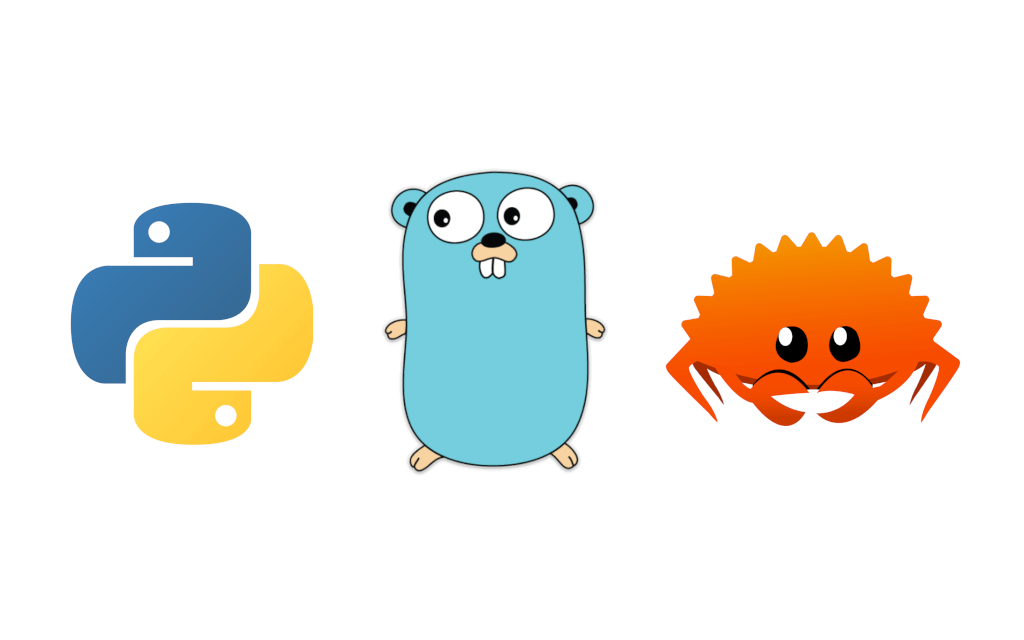
System programming is the process of creating software that enhances or improves the functioning of the operating systems, such as drivers, system utility updates for the OS, or even completely new OS.
This type of programming is mainly about memory management (I/O operations, such as networking, file access, and device control), process management (multitasking, process administration) user, and user administration. Basically, anything that is part of the OS the domain of system programming. If you need to complete a task in systems programming, pay close attention to one of these languages.
?
To begin with, most of the system software are written in C. For example, the kernel of the most popular open-source Linux OS was written in C. A huge advantage of C is that each language instruction is translated into machine code in a direct and understandable way. Exactly the same code that the programmer sees on the screen is executed.
Python
Python is a scripting programming language. It is versatile, therefore it is suitable for solving a variety of tasks and many platforms, from iOS and Android to server operating systems. It is an interpreted language that does not compile, that is, it is a plain text file before launch. You can write programs for almost any platform, the language is well designed and logical.
Python is also great for beginners. The system need Python to automate tasks. It is simple, powerful, and supports special packages that make it more incapable. And, most importantly, it is alredy installed by default on all Linux servers. Python’s makes it easy to read code and find weaknesses. The format in a language is part of the syntax.
Rust
Rust is a high-level multi-paradigm language for system programming. This is a compiled language which means that the finished program is a separate file that can be run on any computer with the desired operating system. To run, you do not need to install a development environment and a compiler, it is enough for the compiled version to fit your computer.
Any programs can also be written in Rust, from a calculator to a
database management system. The system language allows you to write very fast programs that take full advantage of the hardware. Read more about the properties of Rust in this blog post.
Go
Go is a compiled multithreaded programming language developed by Google. The language was officially introduced in November 2009.
The developers say that the popularity of Go is due to its high efficiency and clear syntax. Unlike other programming languages, code written in Go is easy to maintain. Since the announcement, the language has changed a little, but its goals and objectives have remained the same: this language is intended for system programming and has many similarities with the C ++ language.
What do you think is the future of system programming? Feel free to mention your ideas in the comments.
kumpulan tools
slot gacor deposit 5rb
https://deposit5000.site/
slot malam
colombia88
luckytoto889
luckytoto
https://slothailand.baju-biru.site/
slot gacor deposit 5rb
colombia88
pipa hdpe paling murah
luckytoto
slot freebet
https://grup889.com/
Slot Qris
situs slot luar gacor
Slot malam
Slot malam
colombia88

Speak Your Mind